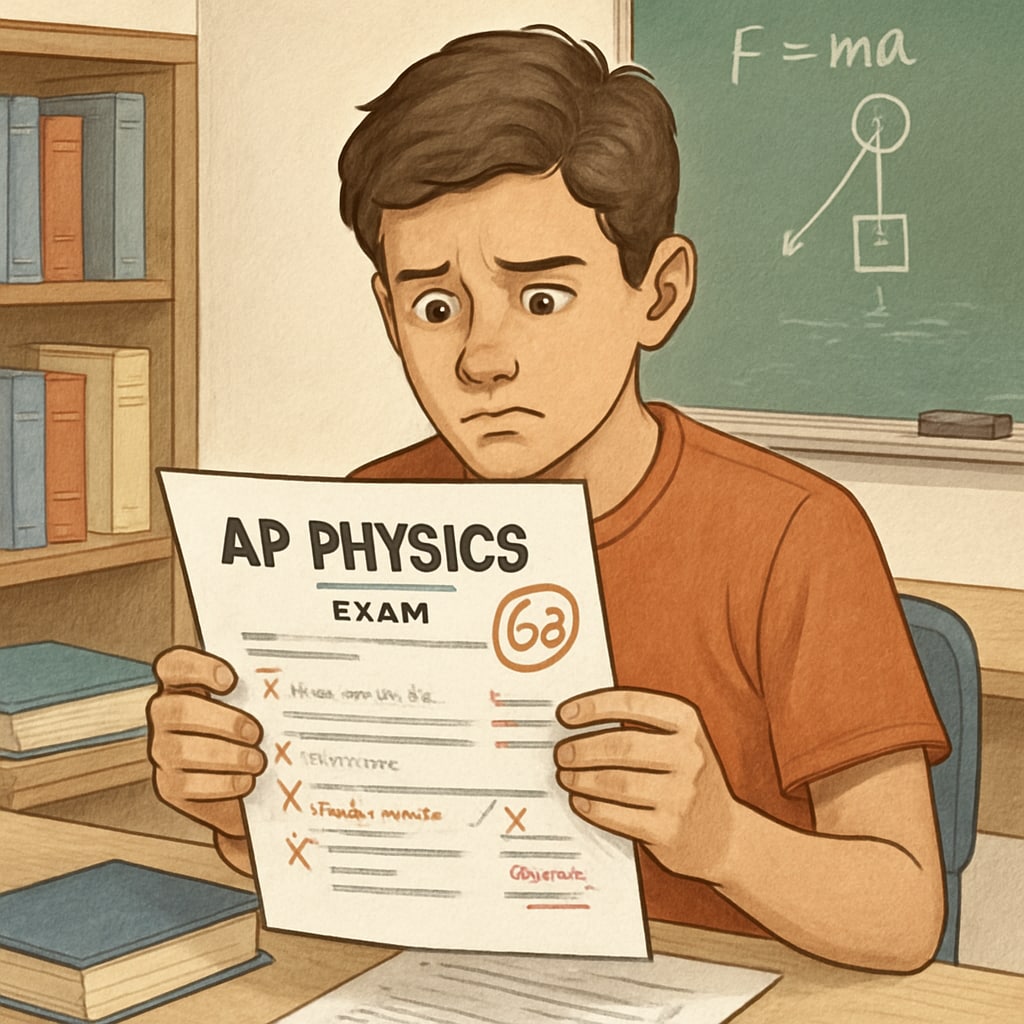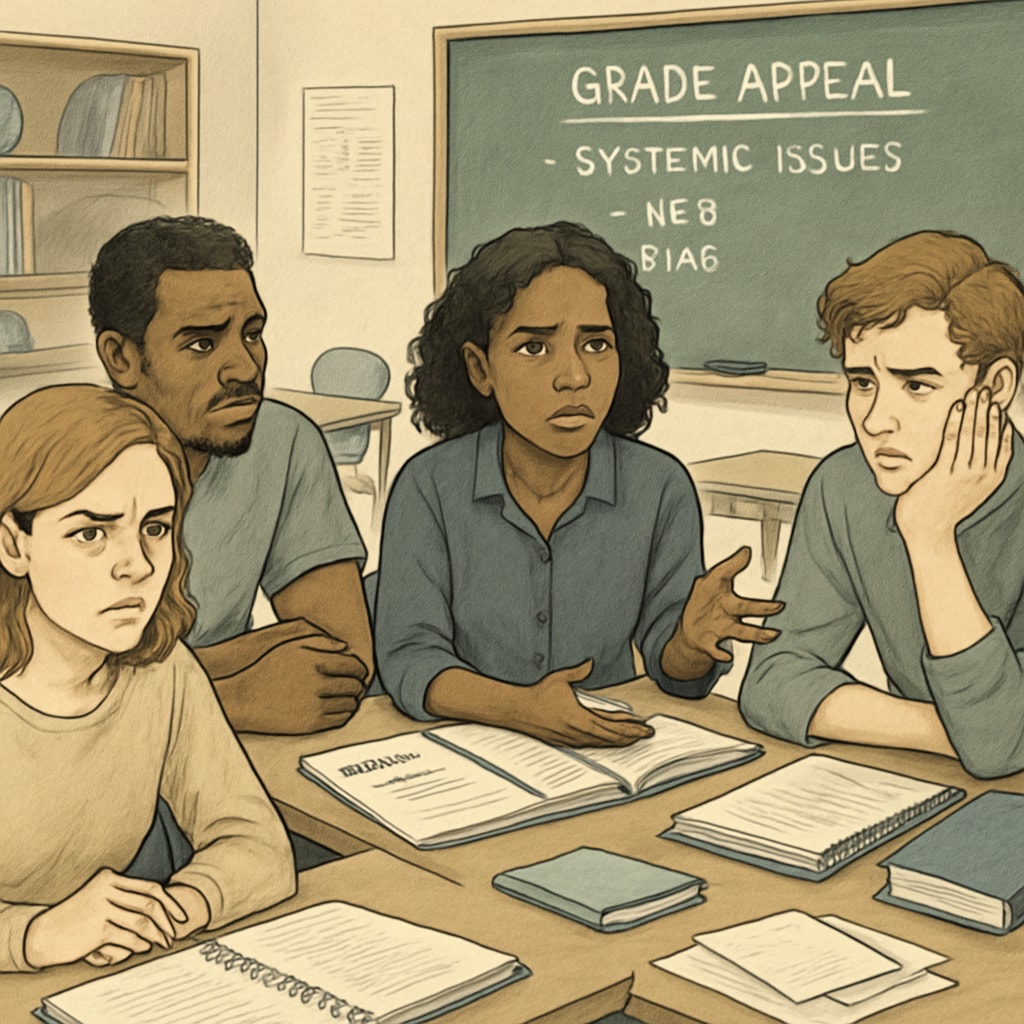In the structured world of K-12 education, transparency and fairness are often touted as the pillars of academic success. However, a troubling scenario involving the AP Physics exam has exposed cracks in these ideals. Issues stemming from teacher errors, such as incorrect grading or unpreparedness, coupled with failed grade appeals, have left students questioning the integrity of the system. This case not only highlights teacher accountability but also raises larger questions about the education system’s mechanisms for resolving disputes.

Teacher Errors and Their Impact on Student Outcomes
One of the most glaring issues in this case is the role of teacher errors in determining student outcomes. For instance, an AP Physics teacher lacked the necessary subject expertise, resulting in inconsistent exam preparation and faulty grading practices. As a result, students were unfairly penalized, receiving grades that did not accurately reflect their knowledge or effort.
Teacher accountability is paramount in advanced placement courses, given their rigorous nature and their role in college admissions. When educators fail to meet professional standards, the consequences reverberate far beyond the classroom, impacting students’ academic records, scholarships, and future opportunities. According to Britannica’s education overview, fairness in assessment is crucial for fostering trust in academic institutions.
The Broken Grade Appeal Mechanism
When students encounter unjust grading, they often turn to grade appeal systems for recourse. Unfortunately, as seen in the AP Physics exam case, these mechanisms frequently fall short. Students who challenged their grades found the process opaque and unresponsive, with appeals being denied without adequate explanation or review.
The failure of grade appeal systems underscores a systemic issue within K-12 education. For example, guidelines for appeals are often vague, leaving students unsure of how to present their cases effectively. Furthermore, schools may prioritize protecting their staff over addressing legitimate student concerns, creating a conflict of interest. As a result, students are left to bear the brunt of these systemic shortcomings, as detailed in Wikipedia’s discussion on academic integrity.

Reforming the Evaluation System for Fairness
The AP Physics exam controversy underscores the need for systemic reforms in education, particularly in evaluation and dispute resolution processes. Here are a few actionable recommendations for addressing these issues:
- Establishing third-party review boards for grade appeals to ensure impartiality.
- Mandating regular teacher training and certification in advanced placement subjects.
- Implementing transparent grading criteria accessible to students and parents.
- Creating mechanisms for students to anonymously report concerns about teacher competency.
These measures aim to build a fairer, more transparent system that prioritizes student success and accountability. Education reform must place equity at its core, ensuring all students have access to accurate evaluations and opportunities to challenge unfair practices.
Conclusion: A Call for Justice in Education
The AP Physics exam debacle serves as a wake-up call for educators, administrators, and policymakers alike. Teacher accountability and effective dispute resolution systems are essential for maintaining trust and fairness in education. Without these elements, students will continue to face barriers in their pursuit of academic success.
As the education system evolves, stakeholders must focus on creating a transparent, equitable framework for assessment and appeals. After all, every student deserves to be evaluated based on their knowledge and effort, not the shortcomings of the system.


